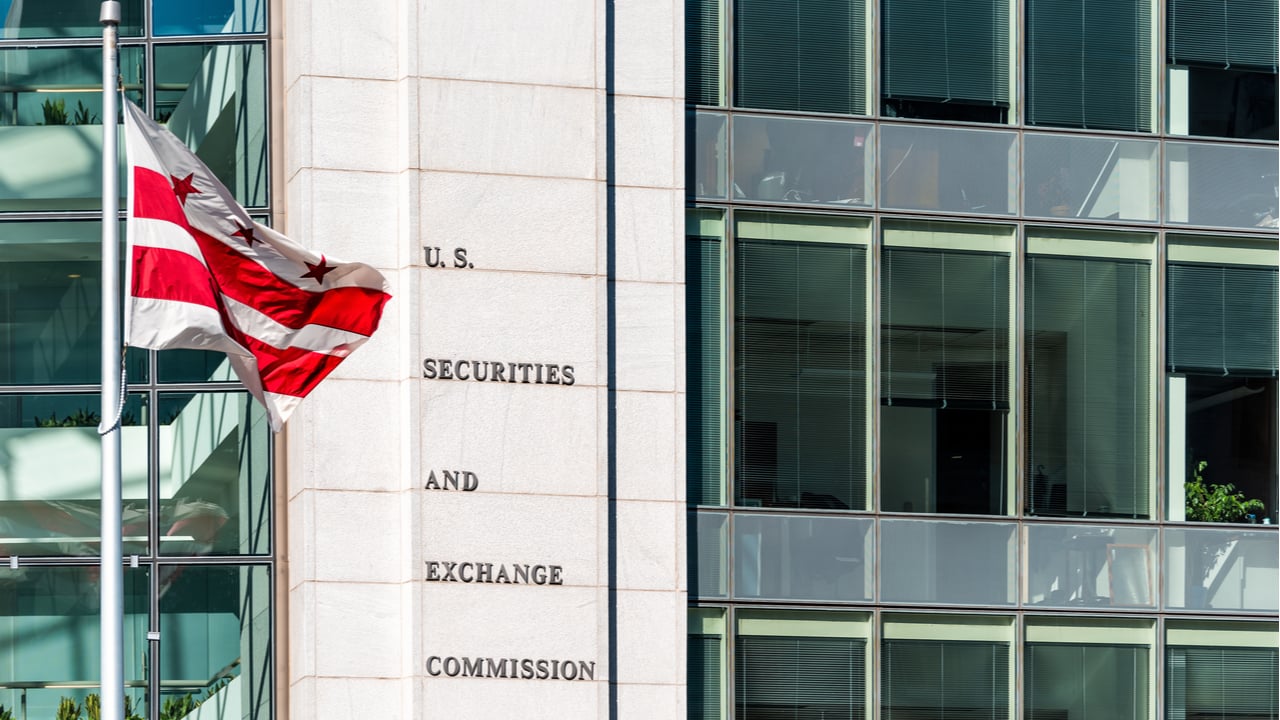
Ripple CEO Brad Garlinghouse has addressed some of the allegations made by the U.S. Securities and Exchange Commission (SEC) against his company. He focused on answering five questions on what he calls “unproven allegations” by the regulator.
Garlinghouse Says There Is ‘Regulatory Chaos’ in the US
In a Twitter thread on his official profile, Garlinghouse claimed that the blockchain company “tried” to settle with the U.S. SEC. He added that the firm will try again with the new administration but refused to go into specifics.
In response to crypto exchanges listing XRP, Garlinghouse said that the company “has no control” over where the token is listed. “It’s open-source and decentralized,” claimed the Ripple executive.
However, the CEO discussed in-depth the matter of when XRP will be relisted on exchanges that have delisted the token. Referencing the Digital Commodity Exchange Act (DCEA), he described:
With [eight] different govt agencies, each with their own (and sometimes opposing) views of crypto, U.S. market participants are facing conflicting policies and no surprise, some act conservatively. We’ve moved from lack of regulatory clarity to regulatory chaos in the U.S. This is why regulation by enforcement is such bad public policy. With the new administration, we expect DCEA to be reintroduced – common-sense legislation providing clarity to the entire industry.
Ripple’s Initial Response Will Be Filed Within the Next Few Weeks
On Jan. 7, 2020, Stuart Alderoty, general counsel at Ripple Inc., pointed out that legal processes take time. Garlinghouse commented:
Things may seem quiet, but there is plenty happening behind the scenes. We’ll be filing our initial response within weeks.
The Ripple CEO also recognized that the company “provided some customers, especially first movers,” with incentives to use its On-Demand Liquidity (ODL) services. He further claimed that companies such as Paypal, Visa, and Mastercard “still” use incentives.
At the end of 2020, Ripple hit back at the SEC, accusing the agency of creating more uncertainty due to the “dangerous lack of regulatory clarity for crypto in the U.S.” The company blasted the lawsuit, saying that it affected “countless innocent XRP retail holders with no connection to Ripple.” According to markets.Bitcoin.com, XRP is exchanging hands at $0.3222, with a market capitalization of $14.65 billion as of press time.
Do you agree with Garlinghouse? Let us know in the comments section below.
Image Credits: Shutterstock, Pixabay, Wiki Commons
Disclaimer: This article is for informational purposes only. It is not a direct offer or solicitation of an offer to buy or sell, or a recommendation or endorsement of any products, services, or companies. Bitcoin.com does not provide investment, tax, legal, or accounting advice. Neither the company nor the author is responsible, directly or indirectly, for any damage or loss caused or alleged to be caused by or in connection with the use of or reliance on any content, goods or services mentioned in this article.



